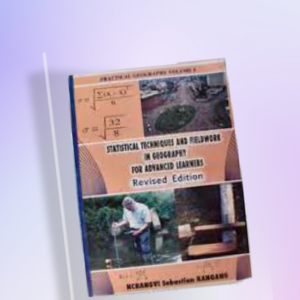“The Way of the World” is a classic comedy play penned by William Congreve, an influential English playwright of the Restoration period. First performed in 1700, the play has since become one of the most celebrated works of English literature.
Set in the glittering world of 18th-century London’s high society, the play revolves around the intricate web of romantic entanglements and social machinations among the affluent and privileged. At the heart of the plot is the pursuit of love and marriage, and the characters’ relentless pursuit of wealth, status, and personal satisfaction.
The play’s central character is Mirabell, a charming and cunning young man who schemes to win the heart and fortune of the beautiful heiress, Millamant. However, their path to love is fraught with obstacles, including the meddling and judgmental Lady Wishfort, Millamant’s aunt, who has her own designs on Mirabell.
Congreve skillfully weaves a complex tapestry of subplots and misunderstandings, creating a world where wit, wordplay, and social satire reign supreme. The dialogue is renowned for its sharpness and cleverness, with characters engaging in spirited banter and engaging repartee. Through their interactions, the play explores the themes of love, marriage, social pretensions, and the intricate dance of courtship in a society driven by appearances and social hierarchies.
“The Way of the World” stands as a sharp critique of the artificiality and superficiality of the upper-class society of its time. It exposes the hypocrisy, vanity, and moral corruption lurking beneath the refined façade of the characters. Congreve’s wit and satirical observations shed light on the follies and absurdities of human behavior, making the play a timeless and enduring examination of human nature.
With its intricate plotting, sparkling dialogue, and memorable characters, “The Way of the World” remains a cornerstone of the Restoration comedy genre. It continues to be performed and studied, captivating audiences and scholars alike with its astute observations of human relationships and the foibles of society.





Reviews
There are no reviews yet.